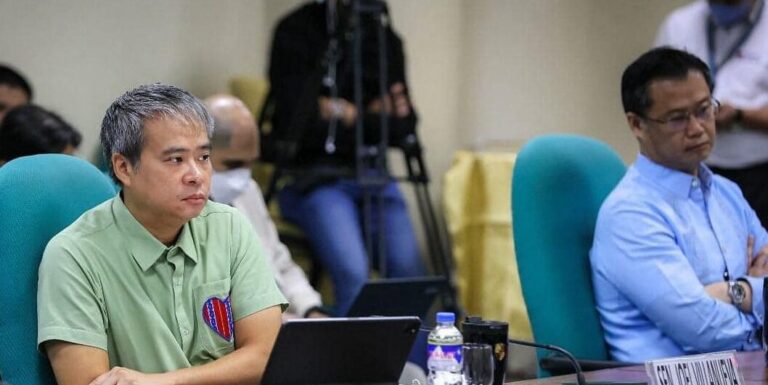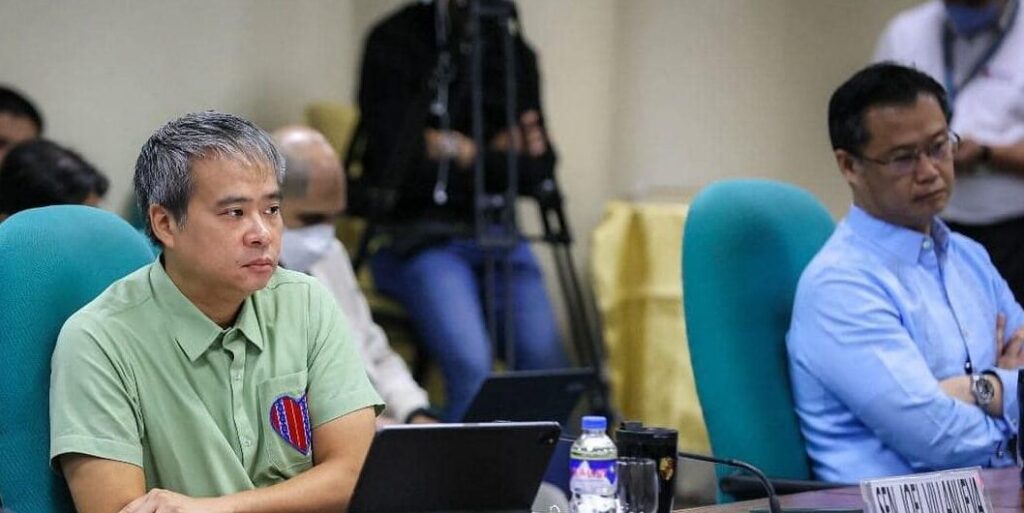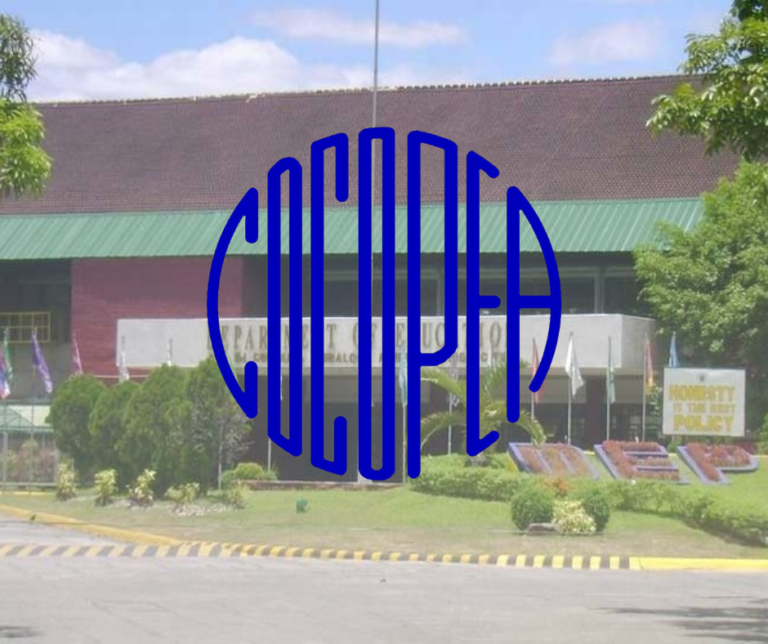TESDA misses 2022 target on enterprise-based learners
by The EdLines | Dec. 5, 2023
- TESDA missed “ambitious target” to hike enrollment to 40%
- Learning providers continued to decline over the years — Villanueva
- Agency blames hurdles, tax incentive confusion for low uptake in enterprise-based enrollment

The Technical Education and Skills Development Authority (TESDA) has failed to hit its 2022 goal of pushing up takers in its enterprise-based programs to 40% from 4% of all Technical Vocation and Education Training enrollees in 2016.
In a Senate hearing yesterday, Senator Joel Villanueva revealed that TESDA only managed to draw in 16.66% to enterprise-based learning, a far cry from the “ambitious” target set out in the National Technical Education and Skills Development Plan 2018-2022.
Enterprise-based training (EBT) is a learning delivery mode implemented within companies which has shown the highest employment outcome in a 2021 Study on the Employment of 2020 Technical Vocational Education and Training (TVET) Graduates by TESDA.
The findings firmed up years-long observations on the effectiveness of enterprises in driving employment, thus resulting in Senate Bill 363 at House Bill 7400 which aim to strengthen EBT by rationalizing apprenticeship, dual training, on-the-job training programs and all other forms of industry-based training arrangements.
Declining enterprise providers and hurdles
Villanueva, who is co-chairperson of the Standing Committee on TVET and Lifelong Learning and also a former TESDA chief, also lamented the thinning volume of TVET providers in the country.
Prior to the pandemic in 2019, TESDA registered 983 EBT providers. The figure dropped to 830 in 2022 before sliding further to 684 as of August 2023.
TESDA Deputy Director General for Special Concerns Vidal V. Villanueva III cited several reasons for the low take-up in enterprise training.
Among them are the lack of industry partners that match program qualifications; lack of funding for the living expenses and allowances of trainees; limited scholarship allocation; and the long list of requirements in registering with the program.
Other problem the TESDA official cited include disruption in regular operation of enterprises; the large population of small companies unable to provide the law-mandated training subsidy of 75% of the minimum wage and the heavy preparation required of trainees to map out a six-nine month training program when many companies feel three months suffices for sharing basic training.
Confusion in tax breaks
When asked on the low participation of industry partners, TESDA’s Partnership and Incentives Assistance Division Chief Clefford E. Pascual cited confusions from the Corporate Recovery and Tax Incentives for Enterprises (CREATE) Law, particularly as to whether private institutions can avail of the tax breaks.
Section 9 of the CREATE Law enumerates “public technical and vocational institutions” as among the entities that can enjoy a 50% tax deduction on the upfront expenses paid by an educational institution.
“The BIR said na very restrictive po yung provision ng batas na ito. So yung ating mga enterprises, mga companies na nag-iimplement, they don’t fall under this category so hindi po sila makapagavail ng tax exemptions po (The BIR said the provision of this law is very restrictive. So our enterprises, the implementing companies, they don’t fall under this category so they can’t avail of the tax exemptions), ” Pascual added while voicing support for the legislative bills which have provisions clarifying that EBTs can enjoy these tax perks.
While admitting that TESDA did not conduct a study showing a direct relationship between the CREATE Law and the low turnout of partners, Pascual clarified the tax break confusion is based on experiences of companies they have met with.
Pascual added that TESDA will submit documentation of these meetings with companies to help BIR come up with a revenue regulation that may address industry’s deterrents in opening its doors to TVET programs.
RELATED ARTICLES
Teachers urge new DepEd chief to tackle 10 key issues in education
Private schools eye 3-12% tuition hike for next school year, putting parents in a tuition tightrope walk
Politics as a Power Base in Reforming Education





